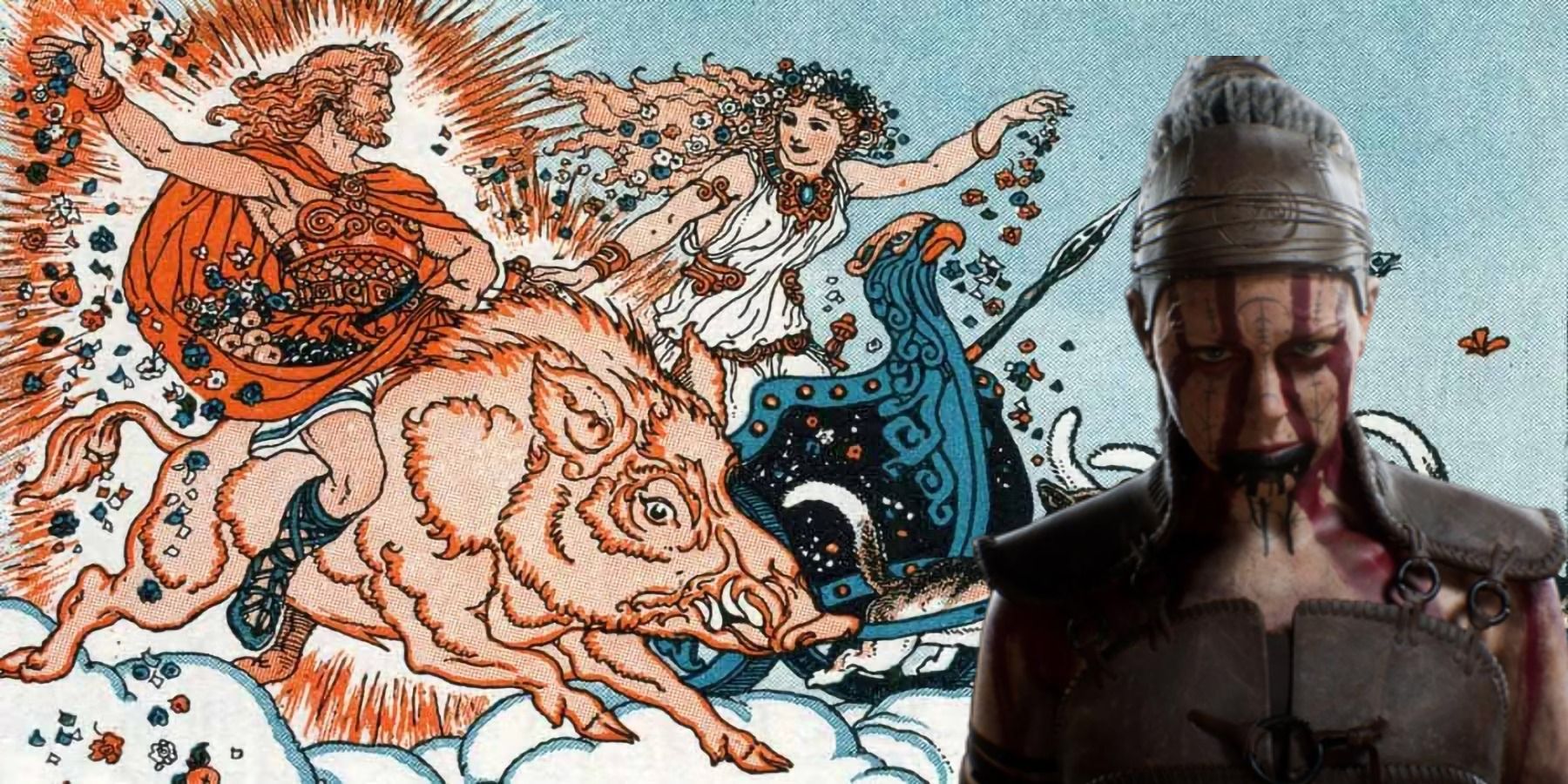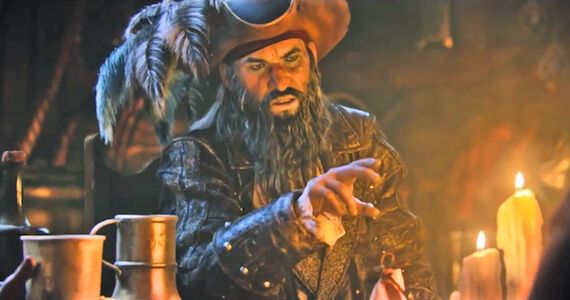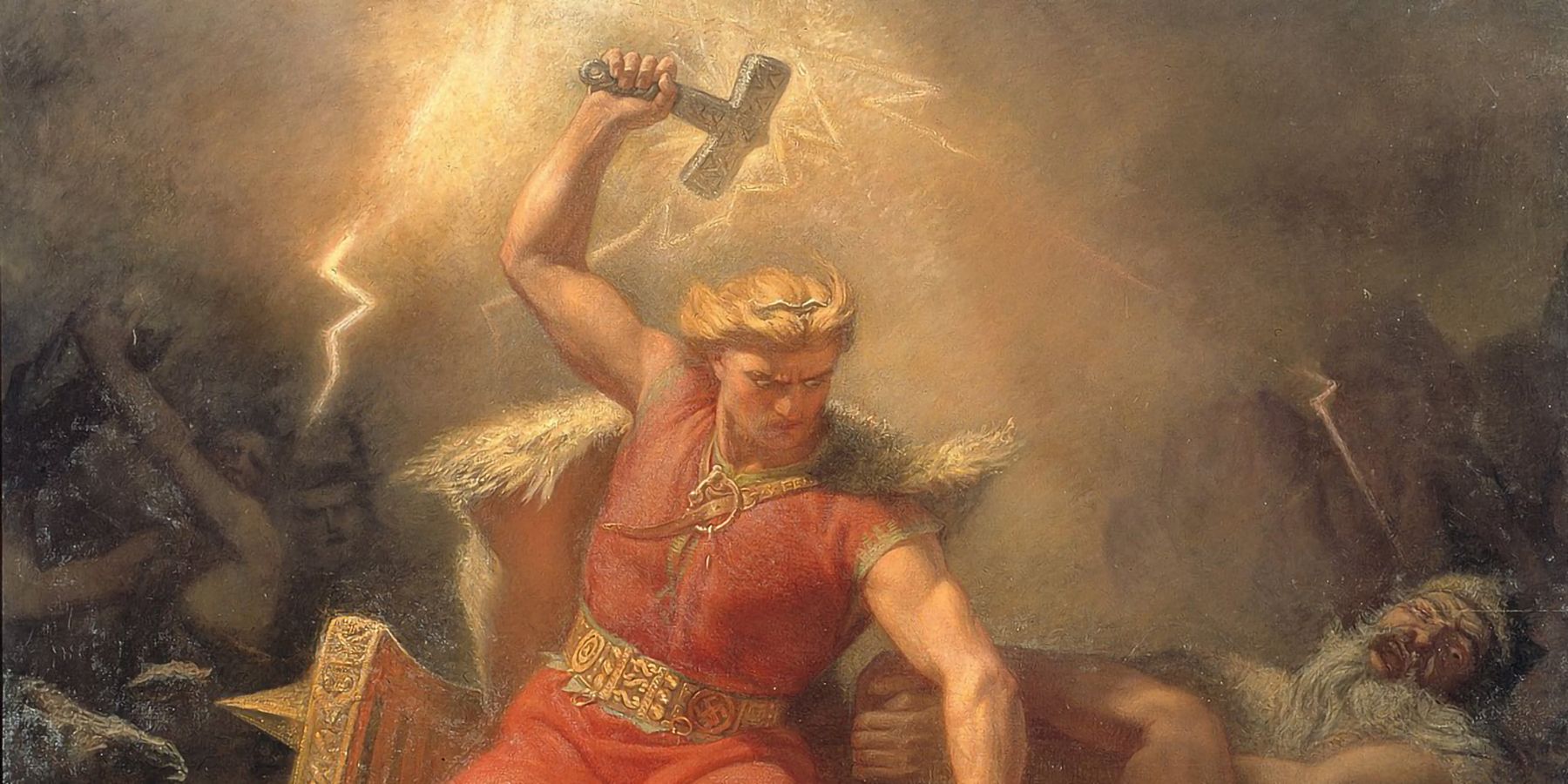Mythological settings and characters are nothing new in video games. From Immortals Fenyx Rising to Kid Icarus on the NES, legends from centuries past are often a leaned-on source of pre-existing world-building that games can use to set a story, and new ideas are continuing to come from old mythologies to this day. Some are more used than others, as Greek myth is known to many and thus is a more enticing proposition to consumers, but games like Okami and Maldita Castilla use less familiar places and people to push their stories forward. God of War has broken into two different mythical worlds, however, and its latest iterations are perhaps the most beloved.
Kratos' story began in Greece, with the procedural slaying of the Gods of Olympus taking place, much to the satisfaction of players everywhere. The setting was unique when the first game was released in 2005, but grew stale by the time God of War: Ascension launched in 2013, and it was clear a change was in order. God of War switched the majesty of Greece for the humility and grounded feel of Norse myth and Midgard, and in turn reinvented itself, putting Santa Monica Studio back on the AAA map in the process. After two games, though, the franchise as well as Hellblade have shown that Nordic mythology has given enough for a while.
Video Games Should Stray From Norse Mythology After God of War and Hellblade
Greek myth is the chosen setting for the original God of War games, Troy: A Total War Saga, and more recently Hades, and each new game has seen a different take on iconic characters like Zeus, Poseidon, Aphrodite, and Hercules. With the success of 2017's Hellblade: Senua's Sacrifice and 2018's God of War came a newfound interest in Norse tales originating from Scandinavia, and even Marvel characters being inspired by Norse mythology and from stories from Northern Europe. It's littered with curiosities, but the Norse setting is in danger of becoming overused, and sometimes less is more.
Games like Okami or Assassin's Creed Origins and Odyssey do well to present a different place for players to explore, and the DLC for each explore mythological themes and characters to flesh out the Greece and Egypt the latter games present. Osiris, Amaterasu, and Ganesh are just as compelling as the likes of Thor, Loki, Odin, and Freya, and are far less known to gamers as a result of God of War and Hellblade's success. Other settings are ripe for more new stories to be told within them, but they simply aren't popular yet, just as Norse myth wasn't familiar prior to the mid-2010s.
Why Video Games Should Move Away From Norse Mythology
Now that Hellblade, God of War, and even SMITE have taken advantage of Norse characters and tales, it's becoming rather crowded in the games space. Too many projects that use a similar setting can make it lose its charm, and for the likes of God of War to stay memorable in the years to come it needs a level of exclusivity with the characters it uses and the world it creates. New titles in Nordic myth have a lot to live up to, and older games don't need more releases stealing their thunder. It would be best for all parties to explore fresh ideas, and moving away from Midgard, Asgard, and the other seven realms may be the best course of action.
There's also the issue of God of War's immense success being a difficult act to follow. Its strong sales and critical acclaim indicate that players may subconsciously compare its characters and stories to others who take on the mythology. Having two polarizing versions of a character can show a pair of interesting, equally accurate sides of them. God of War does so well to wrap its players in an authentic, diverse, and beautiful version of the nine realms that it's more than likely a tough act to follow for other developers wanting to take advantage of Norse myth's narrative potential. Atreus being Loki in God of War made sure that, to casual audiences, the thought of Loki immediately reminds them of Tom Hiddleston's portrayal in the MCU. Norse mythology is an excellent source of escapism, but its overuse could quickly render it boring.
God of War Ragnarok is available now for PS4 and PS5.



